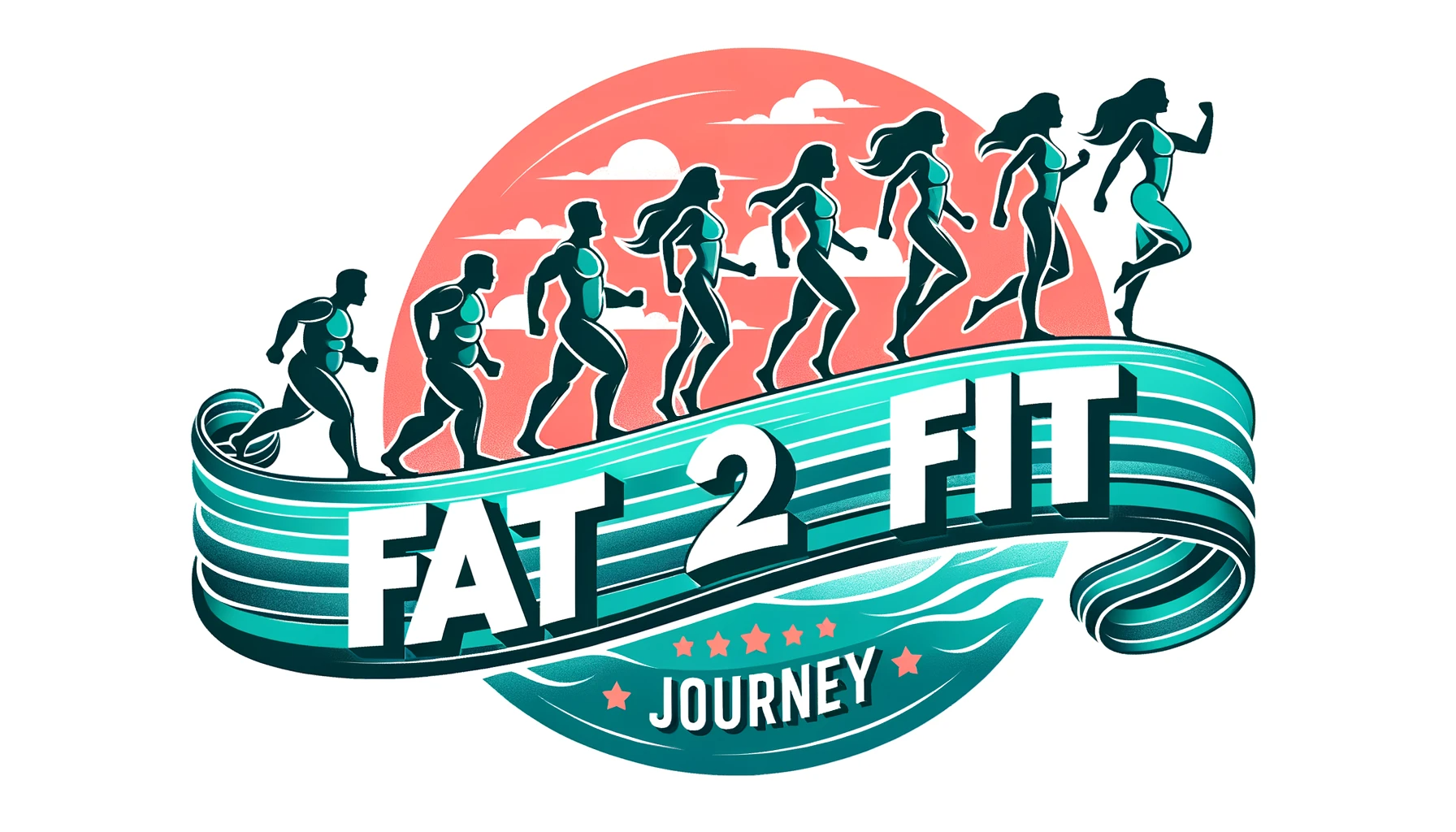Are you looking to take your workouts to the next level and build some serious muscle? Look no further than your diet. A well-balanced and nutrient-rich diet plays a vital role in fueling your workouts and maximizing your muscle-building potential. In this article, we will explore the importance of muscle-building diets for men and provide you with valuable insights and tips to help you achieve your fitness goals. So, grab a seat, prepare to be motivated, and let’s dive into the world of muscle-building nutrition!

Table of Contents
I. Understanding Muscle Building
Muscle building is an important aspect of fitness and can contribute to overall strength and athleticism. Understanding how muscle growth occurs and the factors that can affect it is essential for anyone looking to improve their physique.
A. Importance of diet in muscle building
When it comes to building muscle, diet plays a crucial role. The food you eat not only provides the energy needed for intense workouts but also supplies the necessary nutrients for muscle growth and repair. Without a proper diet, your muscles may not have the building blocks they need to develop and grow.
B. How muscles grow and develop
Muscle growth, or hypertrophy, occurs when muscle fibers are put under stress during exercise, such as weightlifting. This stress causes microscopic damage to the muscle fibers, which triggers the body to repair and rebuild them. With the right nutrition and recovery, the muscle fibers grow thicker and stronger, resulting in increased muscle size and strength.
C. Factors that can affect muscle growth
Several factors can affect muscle growth, including genetics, age, hormone levels, and training intensity. While some of these factors are beyond your control, optimizing your diet and training regimen can still have a significant impact on your muscle-building progress.
II. Macronutrients and Muscle Building
Macronutrients, including protein, carbohydrates, and fats, are essential for muscle building and overall health. Understanding their roles and ensuring a balanced intake can support your muscle-building goals.
A. Protein: The building block of muscle
Protein is crucial for muscle growth, as it provides the amino acids needed for muscle repair and growth. Incorporating protein-rich foods such as lean meats, poultry, fish, eggs, and legumes into your diet ensures an adequate supply of these essential building blocks.
B. Carbohydrates: Fuel for intense workouts
Carbohydrates are the body’s primary source of energy and play a vital role in fueling intense workouts. By consuming complex carbohydrates like whole grains, fruits, and vegetables, you can provide your muscles with the energy they need to perform at their best.
C. Fats: Essential for hormone production
While often misunderstood, dietary fats are crucial for muscle building. Healthy fats, such as those found in nuts, seeds, avocados, and olive oil, are essential for hormone production, including testosterone, which is crucial for muscle growth. Including the right amount of healthy fats in your diet can support optimal muscle-building results.
III. Calculating Caloric Needs
To support muscle growth, it is important to know your daily caloric needs and make appropriate adjustments based on your goals and activity levels.
A. Determining Basal Metabolic Rate (BMR)
Your basal metabolic rate (BMR) is the number of calories your body needs to maintain basic functions at rest. Calculating your BMR can provide a starting point for determining your overall caloric needs. Factors such as age, gender, weight, and height are taken into account in this calculation process.
B. Factors affecting daily caloric needs
Once you have determined your BMR, you need to consider other factors that impact your daily caloric needs. Physical activity level, exercise intensity, and goals (whether muscle gain or weight loss) all play a role in determining the number of calories you should consume each day.
C. Adjusting caloric intake for muscle gain
To support muscle gain, it is generally recommended to consume a caloric surplus, meaning you consume more calories than your body needs for maintenance. This surplus provides the extra energy required to build and repair muscle tissue. However, be mindful of the quality of calories consumed and focus on nutrient-dense foods to avoid excessive fat gain.
IV. Pre-Workout Nutrition
Fueling your body before a workout is essential for providing the energy and nutrients needed to perform at your best and support muscle growth.
A. Timing and composition of pre-workout meal
Ideally, you should consume a balanced meal containing carbohydrates, protein, and a small amount of healthy fats 1-3 hours before your workout. This timeframe allows for digestion and absorption of nutrients, providing a steady release of energy during your training session.
B. Importance of carbohydrates and protein
Carbohydrates are particularly important in the pre-workout meal as they provide readily available energy for intense exercise. Opt for complex carbohydrates to sustain energy levels throughout your workout. Additionally, including protein in your pre-workout meal aids in muscle repair and recovery during and after exercise.
C. Hydration for optimal performance
Hydration is often overlooked but is essential for optimal workout performance. Dehydration can lead to decreased strength, endurance, and focus. Ensure you are adequately hydrated before your workout to maximize your muscle-building potential.

V. Post-Workout Nutrition
Post-workout nutrition plays a crucial role in muscle recovery and growth. Providing your body with the right nutrients after a workout helps replenish glycogen stores and supports muscle repair.
A. The anabolic window
The period immediately following your workout, often referred to as the anabolic window, is when your body is most receptive to nutrient uptake. Consuming a balanced meal within 30-60 minutes after exercise can maximize muscle repair and growth.
B. Protein synthesis and muscle recovery
Post-workout protein consumption is vital for stimulating protein synthesis, the process that promotes muscle repair and growth. Aim for a protein-rich meal with fast-absorbing protein sources, such as whey protein, to provide your muscles with the necessary amino acids promptly.
C. Importance of carbohydrates and nutrient timing
Including carbohydrates in your post-workout meal is crucial for replenishing glycogen stores, which are depleted during intense exercise. Pairing carbohydrates with protein can enhance muscle recovery and support glycogen resynthesis. Timing your post-workout meal within the anabolic window ensures optimal nutrient uptake and maximizes muscle-building potential.
VI. High-Protein Diets for Muscle Growth
Consuming an adequate amount of protein is essential for muscle growth. Adopting a high-protein diet can provide several benefits and support your muscle-building goals.
A. Benefits of high-protein diets
High-protein diets have been shown to enhance muscle protein synthesis, promote satiety and weight management, and support overall muscle recovery. By increasing your protein intake, you can optimize your muscle-building potential.
B. Recommended protein intake for muscle building
The recommended protein intake for muscle building varies depending on factors such as body weight, activity level, and goals. However, a general guideline is to consume 0.8-1 gram of protein per pound of body weight. This ensures an adequate protein supply to support muscle recovery and growth.
C. Sources of lean protein
Lean protein sources are rich in essential amino acids and low in unhealthy fats. Incorporate foods such as chicken breast, turkey, lean cuts of beef, fish, tofu, and Greek yogurt into your diet to meet your protein needs while maintaining a healthy overall balance.

VII. Carbohydrate Loading for Energy
Carbohydrate loading, commonly known in endurance sports, can also be beneficial for muscle-building workouts that require prolonged or intense efforts.
A. Structured carbohydrate intake
Carbohydrate loading involves a strategic increase in carbohydrate consumption leading up to an event or intense training session. It aims to maximize glycogen stores and provide a readily available energy source during exercise. This approach can benefit individuals engaging in activities lasting longer than 90 minutes or those with high training volumes.
B. Timing and types of carbohydrates
To effectively carbohydrate load, it is important to time your increased carbohydrate intake properly. Gradually increase your carbohydrate consumption over several days leading up to your event or intense workout. Focus on consuming complex carbohydrates, such as whole grains, potatoes, and fruits, to ensure a sustained release of energy.
C. Balancing carbs with other macronutrients
While carbohydrates are crucial for energy, it is essential to maintain a balanced macronutrient intake. Pairing carbohydrates with protein can support optimal muscle recovery and growth while also helping to manage blood sugar levels. Be mindful of the quality and quantity of carbohydrates consumed to avoid excessive weight gain.
VIII. Healthy Fats for Hormonal Balance
Incorporating healthy fats into your diet is crucial for hormonal balance, which plays a significant role in muscle growth and overall health.
A. Essential fatty acids for muscle growth
Essential fatty acids, such as omega-3 and omega-6 fatty acids, are necessary for muscle growth and repair. They support hormone production and reduce inflammation, promoting optimal muscle recovery and growth. Include foods like fatty fish, nuts, seeds, and avocados to ensure an adequate intake of these beneficial fats.
B. Benefits of incorporating healthy fats
In addition to hormonal balance, healthy fats offer other benefits for muscle building and overall health. They provide a concentrated source of energy, enhance nutrient absorption, and promote satiety. Including healthy fats in your diet also aids in the absorption of fat-soluble vitamins, such as vitamin D, which is essential for muscle function.
C. Best sources of healthy fats
Incorporate nutrient-dense sources of healthy fats into your diet. These include avocados, olive oil, coconut oil, nuts, and seeds. It is important to consume these fats in moderation due to their high calorie density, but including them in your diet can provide significant benefits for muscle growth and overall well-being.

IX. Thermic Effect of Food
Understanding the thermic effect of food can be advantageous for weight management and maximizing calorie expenditure.
A. Understanding the thermic effect
The thermic effect of food refers to the energy expenditure required for digestion, absorption, and processing of nutrients. Different macronutrients have varying thermic effects, with protein having the highest thermic effect, followed by carbohydrates and then fats. By including foods with a high thermic effect in your diet, you can increase your calorie expenditure.
B. Foods with high thermic effect
Protein-rich foods, such as lean meats, poultry, fish, and legumes, have a higher thermic effect compared to carbohydrates and fats. By incorporating protein into your meals, you can boost your metabolic rate and increase calorie burn. Additionally, consuming fiber-rich foods, such as fruits, vegetables, and whole grains, can also increase the thermic effect due to the energy required for digestion.
C. Incorporating thermic effect for weight management
Harnessing the thermic effect of food can be beneficial for weight management. By prioritizing protein and fiber-rich foods in your diet, you can increase calorie expenditure and potentially create a calorie deficit, which is necessary for weight loss. Coupled with a well-structured exercise program, optimizing the thermic effect of food supports muscle building while managing body composition.
X. Supplementation for Muscle Building
While a balanced diet should be the foundation of your muscle-building journey, certain supplements can complement your efforts and enhance your results.
A. Protein powders and shakes
Protein powders and shakes are a convenient way to increase protein intake, especially for individuals who may struggle to consume enough protein through food alone. Whey protein, casein protein, and plant-based protein powders are popular options that can support muscle recovery and growth.
B. Creatine for enhanced strength and muscle growth
Creatine is a naturally occurring compound found in meat and fish and can also be taken as a supplement. It has been extensively studied and shown to improve strength, increase lean muscle mass, and enhance exercise performance. Adding creatine to your supplement regimen can be beneficial for individuals looking to maximize muscle-building potential.
C. Other beneficial supplements
Various other supplements, such as branched-chain amino acids (BCAAs), beta-alanine, and fish oil, have shown potential benefits for muscle building and exercise performance. However, it is important to do thorough research, consult with a healthcare professional, and prioritize a well-rounded diet and training program before considering the use of additional supplements.
In conclusion, understanding the importance of diet, macronutrients, caloric needs, and nutrient timing is crucial for anyone looking to build muscle. By focusing on a balanced diet that includes adequate protein, carbohydrates, and healthy fats, while also considering factors such as timing and nutrient quality, you can optimize your muscle-building efforts. Additionally, incorporating strategic supplementation and incorporating the thermic effect of food can further support your muscle-building goals. With the right nutrition and training regimen, you’ll be on your way to achieving the strong and muscular physique you desire.

